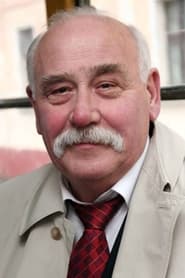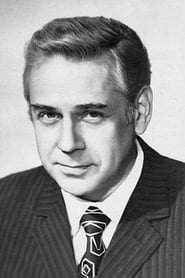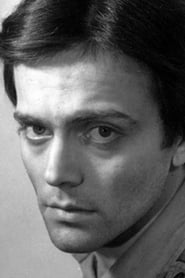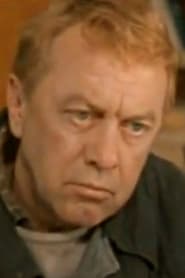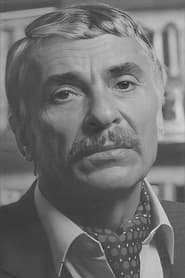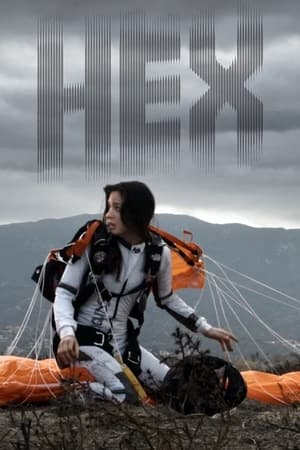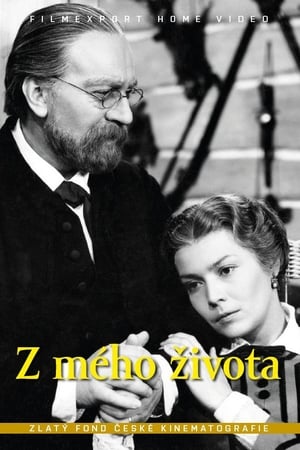
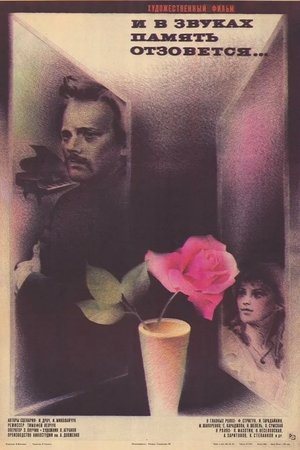
Memories Echoing in Sounds...(1987)
Ukrainian composer Mykola Lysenko goes for a walk in Kyiv. Along the way, his memory takes him back in time: first to his childhood in the village of Hrynky; to May 1861, when he attended Taras Shevchenko's funeral; to a trip to Leipzig; to the time when he was working on the opera "Taras Bulba"; to the images of Olha O'Connor and Olha Lypska, who gave him love, happiness, and inspiration.

Movie: Memories Echoing in Sounds...
Top 10 Billed Cast

І в звуках пам'ять відгукнеться…
HomePage
Overview
Ukrainian composer Mykola Lysenko goes for a walk in Kyiv. Along the way, his memory takes him back in time: first to his childhood in the village of Hrynky; to May 1861, when he attended Taras Shevchenko's funeral; to a trip to Leipzig; to the time when he was working on the opera "Taras Bulba"; to the images of Olha O'Connor and Olha Lypska, who gave him love, happiness, and inspiration.
Release Date
1987-08-10
Average
8
Rating:
4.0 startsTagline
Genres
Languages:
PусскийУкраїнськийKeywords
Recommendations Movies
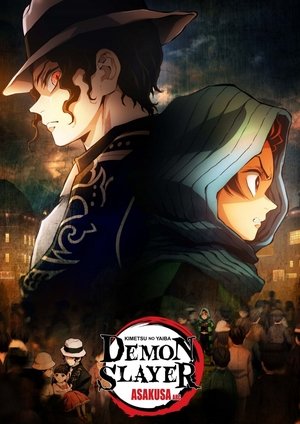 7.8
7.8Demon Slayer: Kimetsu no Yaiba - Asakusa Arc(ja)
A recap of Kimetsu no Yaiba episodes 6–10, with new footage and special end credits. Tanjiro ventures to Asakusa, Tokyo for his second mission with the Demon Slayer Corps.
 7.7
7.7The Garden of Sinners: Paradox Spiral(ja)
In the middle of October 1998, Tomoe Enjou is attacked by bullies from his old school and saved by Shiki Ryougi. He asks her to hide him at her place and admits that he killed someone. Several days after the incident there are still no broadcasts about the murder as if it didn't happen.
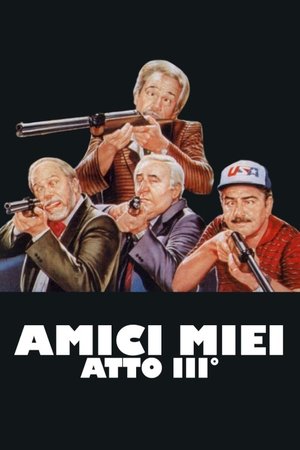 6.4
6.4My Friends Act III(it)
This time the "amici" (friends) are just four: Necchi, Meandri, Mascetti and Sassaroli. Nevertheless they are older they still love to spend their time mainly organizing irresistible jokes to everyone in every kind of situation. Mascetti is hospitalized in a geriatric clinic. Of course the place become immediately the main stage for all their jokes. After some jokes they decided to place an ultimate incredible and farcical joke to the clinic guests.
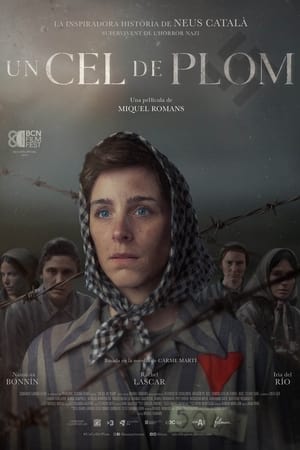 5.3
5.3Ashes in the Sky(ca)
In 1945, at the end of World War II, Neus Català returns to France, where she recalls her life under the Nazi yoke.
 7.3
7.3Man(en)
Exploring the relationship between man and technology, this day-in-the-life story concentrates on a computer programmer, inundated by technology, living a secluded lifestyle in Laurel Canyon with his two dogs. He struggles to maintain any real connection with friends, colleague or family, outside of communicating with them over the phone or computer.
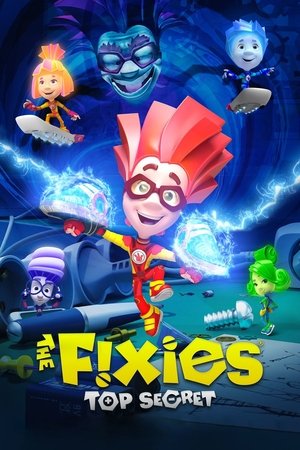 6.9
6.9The Fixies: Top Secret(ru)
The Fixies are little creatures that, unseen by humans, help them maintain their appliances – and generally make sure things don’t fall apart… Until an unexpected occurrence of gargantuan proportions threatens to reveal the Fixies’ existence!
Insane Fight Club(en)
A group of friends have created a brand new subculture that is taking over the streets of Glasgow. They've established their very own fight club, but this is no ordinary wrestling event - this is brutal, riotous chaos. Fights don't always stay inside the ring, people are bounced off the side of buses and thrown off balconies in pubs. They now plan the biggest show of their lives. The stakes are high, will it bring them the fame and recognition they need to survive?
John(en)
John tells the story of a young male, a psychiatric hospital patient who witnesses the death of another Black male patient at the hands of white staff. Blurring the boundaries between fact and fiction, this work draws from real life cases of mentally ill Black men who have died as a result of excessive force of the State.
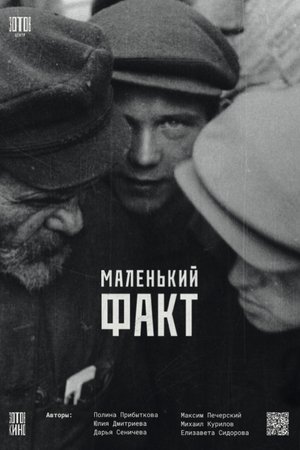 7.2
7.2A Little Fact(ru)
A jigsaw film assembled from archival footage from the 20s and 30s, preserving memories of the construction of a new and everyday life - the launch of the metro, hard work, cultural life and leisure. By combining two parallel stories - state film chronicles and diary entries - the film attempts to revise the historical archive and the usual perception of the time, bringing to the forefront the collective image of a hero from the crowd.
 6.2
6.2Hello(en)
Hello explores changes in two people’s working lives: a Mexican trash picker who separates and collects recyclable materials from landfills to sell by the kilo, and a German freelance computer-animation designer working for the advertising industry in Berlin. The double interview is controlled and manipulated by a computer-generated severed hand which Maria describes as an object once discovered in the trash while working in the violent northern town of Mexicali. This CGI hand was in turn produced by Max, who was born with no arms, and sought refuge in computer-imaging as a means to operate and manipulate a digital reality.
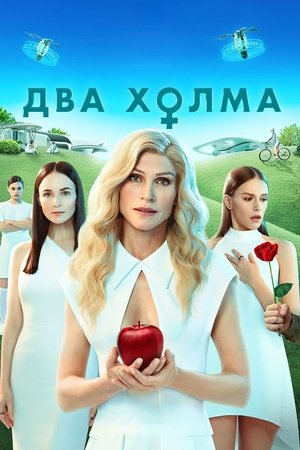 6.2
6.2The No Man Zone. The Movie(ru)
What will happen if, as a result of biological warfare, almost the entire male population dies out? Women will grieve (for a short time), and then they will unite and create a new better world - with eco-towns, renewable energy, opportunities to do whatever they want, even science and biohacking, even yoga and self-development. Reproduction now occurs by artificial insemination, and only girls are born in the new world. But not everyone likes such a world order. Some of the surviving men and women loyal to them go to live in abandoned cities, begin to steal electricity, enjoying freedom and traditional sex. The tranquility of the ideally arranged female world is threatened when teacher Rada from the eco-city "Two Hills" meets the young "primate" Hera outside it.
 6.1
6.1Hello...(en)
A lonely man finds himself bedeviled by a malevolent force. But is it real or just all in his mind? (ALTER)
 7.0
7.0Demon Slayer: Kimetsu no Yaiba – The Hashira Meeting Arc(ja)
A recap of Kimetsu no Yaiba episodes 22–26, with new footage and special end credits. Tanjiro and his sister Nezuko have been apprehended by the Demon Slayer Hashira, a group of extremely skilled swordfighters. Tanjiro undergoes trial for violating the Demon Slayer code, specifically smuggling Nezuko, a Demon, onto Mt. Natagumo.
 7.6
7.6Kathleen Madigan: Madigan Again(en)
Kathleen Madigan drops in on Detroit to deliver material derived from time spent with her Irish Catholic Midwest family, eating random pills out of her mother's purse, touring Afghanistan, and her love of John Denver and the Lunesta butterfly.
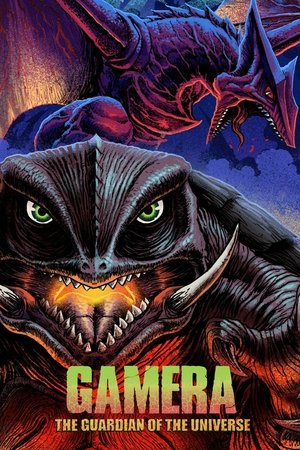 7.4
7.4Gamera: Guardian of the Universe(ja)
A ship runs aground on a mysterious atoll leading to an investigation by insurance representative Kusanagi, who discovers an ancient bead that he gives to his daughter Asagi. Meanwhile, ornithologist Nagamine investigates reports of a new species of large bird named Gyaos. As the Gyaos begin to attack, an ancient guardian with a bond to Asagi emerges.
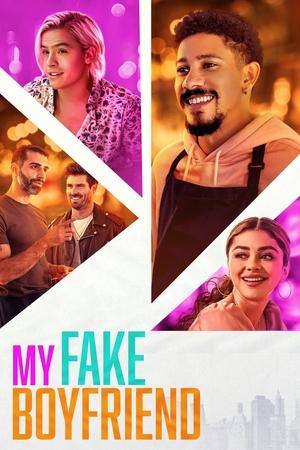 5.9
5.9My Fake Boyfriend(en)
A young man in a tricky situation follows the advice of his unconventional best friend and uses social media to create a fake boyfriend to keep his awful ex-lover out of his life. But everything backfires when he meets the real love of his life, and breaking up with his fake boyfriend proves hard to do.
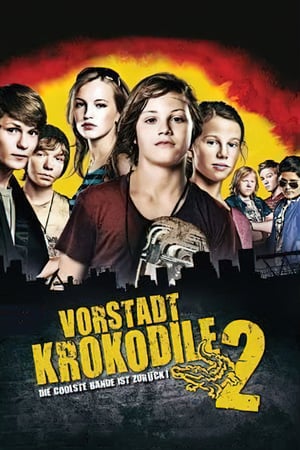 6.7
6.7The Crocodiles Strike Back(de)
New summer adventure of the Crocodiles, who set up their detective skills to find out who is behind the accidents of the factory where Ollie and Mary's parents work , which could mean the closure of the plant, the move of the family and the dissolution of the gang.
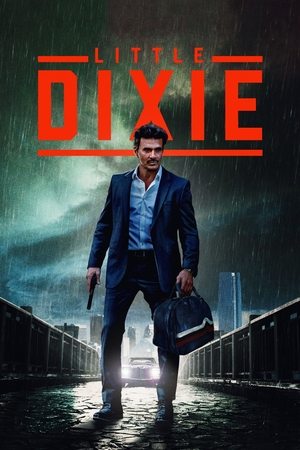 5.8
5.8Little Dixie(en)
Erstwhile Special Forces operative Doc Alexander is asked to broker a truce with the Mexican drug cartel in secrecy. When Oklahoma Governor Richard Jeffs celebrates the execution of a high-ranking cartel member on TV, his Chief of Staff and Doc inform him about the peace he just ended. But it’s too late, as Cuco, the cartel’s hatchet man, has set his vengeful sights on Doc’s daughter Dixie.
Similar Movies
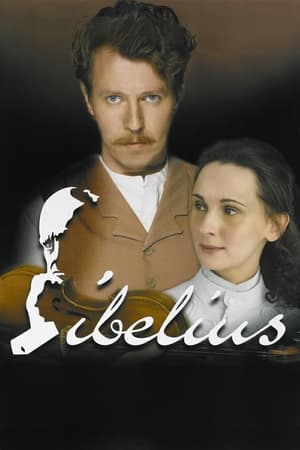 4.0
4.0Sibelius(fi)
Director Timo Koivusalo point of view about life of classical music composer Jean Sibelius, who is a national composer of Finland.
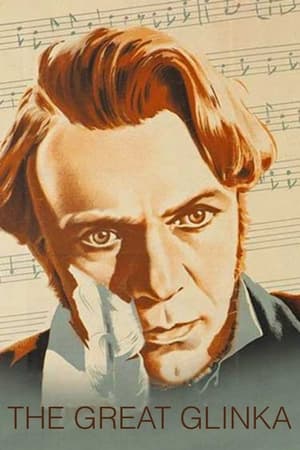 6.0
6.0The Great Glinka(ru)
About the life of the Russian composer Mikhail Glinka.
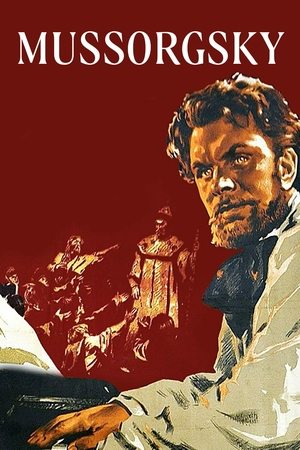 4.5
4.5Mussorgsky(ru)
Saint Petersburg, 1858. A group of composers known as The Five meet at Balakirev's. Young Modest Mussorgsky, both a civil servant and a musician, has become a fixture there. He tells about the first opera he plans to compose. Then he goes to the country where he discovers the lowly conditions of the peasants and the bloody conflicts with the rich land owners. He works on Gogol's 'The Marriage', trying to render into music the natural accents of the play's naturalistic dialogue. But his efforts do not pan out. On the other hand, he starts writing his opera on the story of Boris Godunov. The Marinsky Theatre refuses to stage the work. The Five, and Mussorgsky among them, are libeled and the group starts disintegrating. When 'Boris Godunov' is finally performed in 1874, it is a popular success.
 6.0
6.0Lisztomania(en)
In the 19th century, Romantic composer/pianist Franz Liszt tries to end his hedonistic ways but keeps getting sucked back in by his seductive fellow composer Richard Wagner.
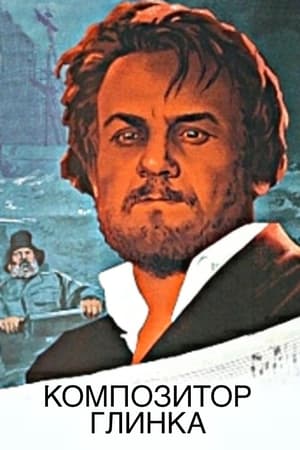 4.3
4.3Man of Music(ru)
The young composer Mikhail Glinka performs his new work at a soiree at earl Vielgorsky's house. However, the public is accustomed to Western music, and reacts coldly to the creation of the composer. This makes him very sad, but soon he decides to go learn the art of music in Italy. After returning from Italy, he is full of desire to write national Russian opera. Vasily Zhukovsky proposes a subject: a feat of Ivan Susanin. Tsar Nicholas I change the name of the opera to A Life for the Tsar and assigns a librettist - Baron Rosen. Acquaintance with the future co-author shocked Glinka: Rosen speaks Russian with a noticeable German accent. The premiere was successful, but Glinka was still not entirely happy with the libretto: "False words were written by Rosen". When Nicholas I learned that Ruslan and Lyudmila was written on Pushkin's subject, he sees it as sedition. The bitter experience of the composer brighten his supporters.
 6.3
6.3The First Motion of the Immovable(fr)
It all begins with a childhood memory: that day when the father of the future filmmaker Sebastiano d'Ayala Valva forces him to listen to certain music that initially terrifies him; a distant echo from the past that leads him to follow the trail of his mysterious ancestor, the Italian composer Giacinto Scelsi (1905-1988), who claimed that his music was directly inspired by the gods.
 6.0
6.0Concert at the End of Summer(cs)
A docudrama about four weeks in the life of famous Czech composer Antonin Dvorak. The drama - filled with many of Dvorak's compositions - begins when the composer suddenly decides to cut a concert in London and return home. While on the train, flashbacks reveal his relationship to his wife Anna and her sister Josefina. Both women gave him inspiration, yet Dvorak is clearly troubled in some way as musical excerpts come and go in his creative mind.
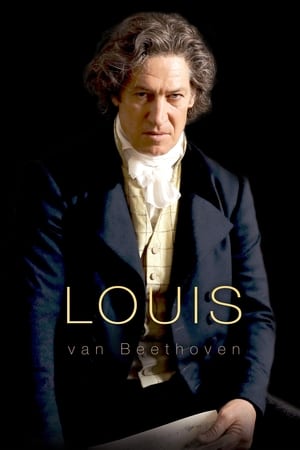 6.8
6.8Louis van Beethoven(de)
1779. Eight-year-old Ludwig van Beethoven, called "Louis", is already known as a musical prodigy. He learns to go his own way - much to the dismay of the people around him. Some years later, he meets Mozart during times of political upheaval. The unconventional genius and French Revolution are sparking a fire in Louis' heart; he doesn't want to serve a master - only the arts. Facing times of family tragedies and unrequited love, he almost gives up. However, Louis makes it to Vienna to study under Haydn in 1792, and the rest is history. Who was this man, whose music has since touched countless hearts and minds? At the end of his life, the master is isolated by loss of loved ones and hearing. Surely though, he was way ahead of his times.
 0.0
0.0Chopin, A Sonata in Paris(pl)
He is the talk of the town, the most romantic figure of decadent Parisian nights. When his lungs start bleeding, Chopin knows his days are numbered. Composing becomes his only obsession. The ticking clock rushes him to revolutionize music.
 5.7
5.7Mademoiselle Paradis(de)
18th century Vienna. Maria Theresia von Paradis, a gifted piano player and close friend of Mozart's, lost her eye-sight as a child. Desperate to cure their talented daughter, the Paradis entrust Maria to Dr. Mesmer, a forward-thinking-physician who gives her the care and attention that she requires. With the doctor's innovative techniques of magnetism, Maria slowly recovers her sight. But this miracle comes at a price as the woman progressively starts to lose her gift for music.
 6.2
6.2House of Ricordi(it)
The film covers a hundred years in the lives of the Ricordi family, the Milan publishing house of the title, and the various composers and other historic personalities, whose careers intersected with the growth of the Ricordi house. It beautifully draws the parallel between the great music of the composers, the historic and social upheavals of their times, as well as the "smaller stories" of the successive generations of Ricordi.
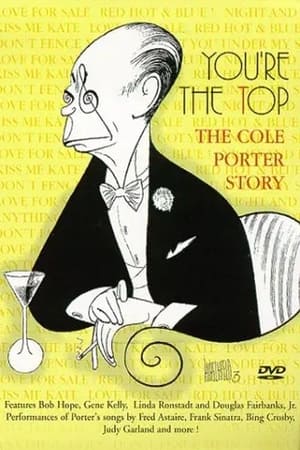 0.0
0.0You're the Top: The Cole Porter Story(en)
Biographical portrait of one of Broadway's most brilliant songwriters. Told through the use of archival material and interviews with the rich and famous that knew him, this portrait concentrates on his career and his public life events.
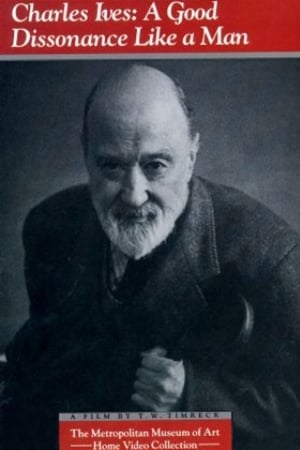 0.0
0.0Charles Ives: A Good Dissonance Like a Man(en)
A thoroughly researched biopic of Charles Ives, America's greatest and most innovative composer (and insurance executive), who combined strikingly futuristic experimentalism with gentle nostalgia. Includes narration taken directly from Ives's own writings, and reminiscence from those who knew him.
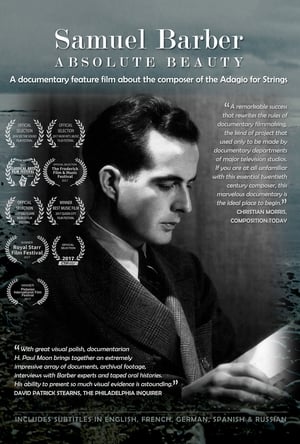 10.0
10.0Samuel Barber: Absolute Beauty(en)
Known for his mournful "Adagio for Strings," Samuel Barber was never quite fashionable. This acclaimed film is a probing exploration of his music and melancholia. Performance, oral history, musicology, and biography combine to explore the life and music of one of America’s greatest composers. Features Thomas Hampson, Leonard Slatkin, Marin Alsop and many more of the world's leading experts on Barber's music, with tributes from composers Leonard Bernstein, Aaron Copland, Virgil Thomson and William Schuman. The film was broadcast on PBS, and screened at nine film festivals internationally, with three best-of awards. It was named a Recording of the Year 2017 by MusicWeb International.
 8.0
8.0Amadeus(en)
Disciplined Italian composer Antonio Salieri becomes consumed by jealousy and resentment towards the hedonistic and remarkably talented young Viennese composer Wolfgang Amadeus Mozart.
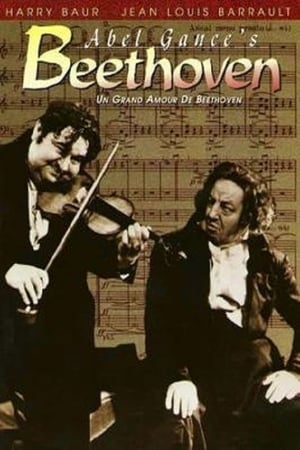 6.9
6.9The Life and Loves of Beethoven(fr)
Lyrical biography of the classical composer, depicted as a romantic hero, an accursed artist.
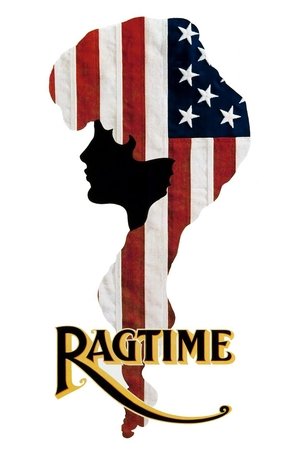 7.0
7.0Ragtime(en)
A young black pianist becomes embroiled in the lives of an upper-class white family set among the racial tensions, infidelity, violence, and other nostalgic events in early 1900s New York City.
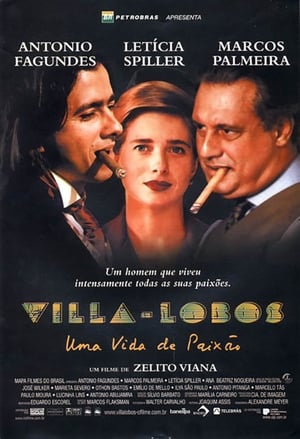 6.1
6.1Villa-Lobos: A Life of Passion(pt)
The film tells the story of an intuitive, adventurous man who loved his country and being Brazilian. This man fought to be loyal to himself. His music is a transparent portrait of his genius, intuition, freedom, adventure and passion for Brazil.
